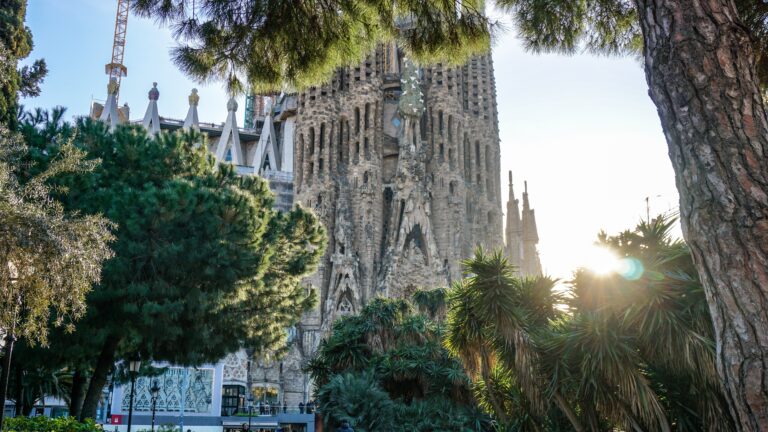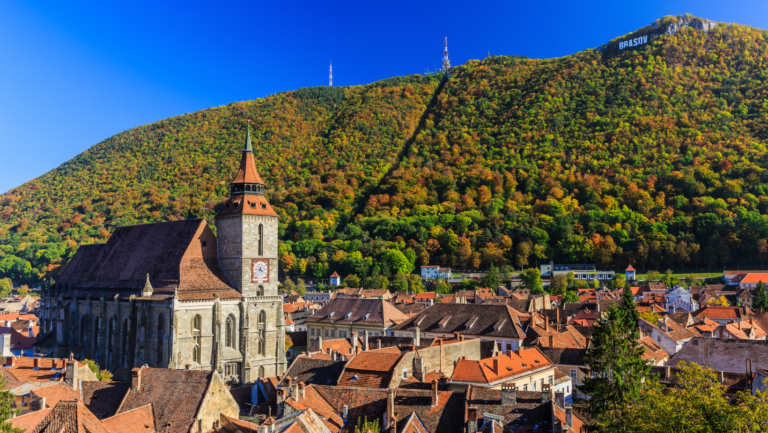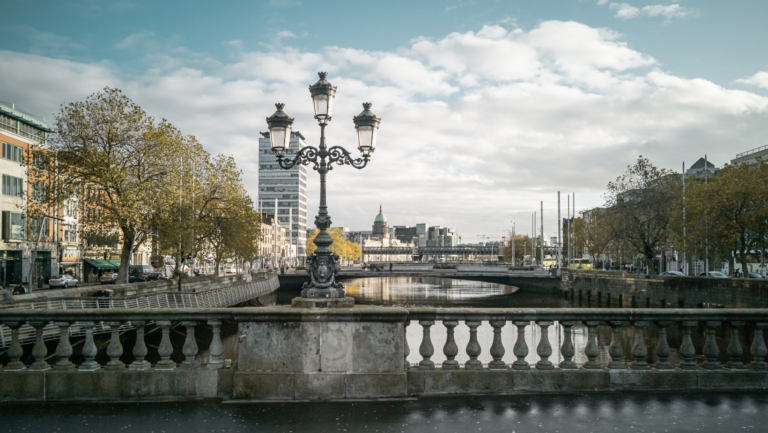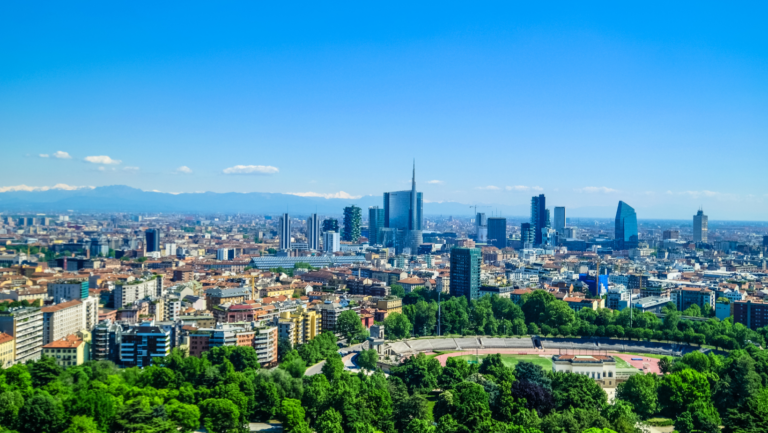4 events, 4 countries, 1 goal: transforming cities from grey to green
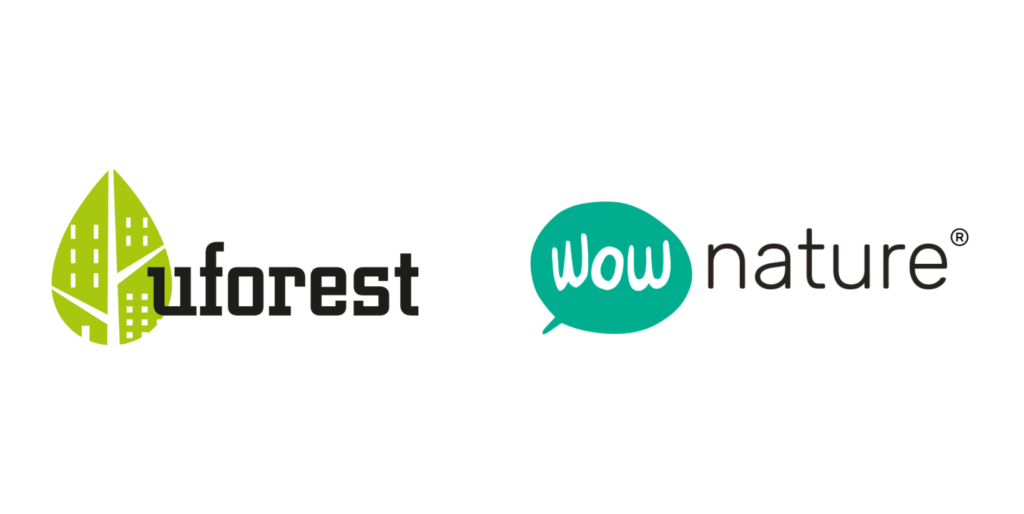
Uforest is joining forces with WOWnature to create 4 new urban forests in 4 different European cities: Barcelona, Brasov, Dublin, and Milan. All these projects will be launched simultaneously during the European Urban Forest Week. Promoted by Uforest, this week aims to raise awareness on the benefits urban green space can provide to both the environment and local communities.
At Uforest, we believe that urban forests represent an extremely efficient solution to many of the challenges connected to urbanisation and climate change. With 84% of the European population expected to live in urban areas by 2050, planning more sustainable and liveable cities is crucial. For this reason, in the last few years Uforest has focused on promoting innovation and knowledge in urban forestry. To achieve that, Uforest has developed high quality materials and learning opportunities to help people to better understand the potential of urban forests. In addition, thanks to a partnership made by businesses, universities, research centres and organisations, Uforest was able to grasp the multidisciplinary nature of urban forestry and address the specific needs of this sector.
But Uforest is not just theory! During the European Urban Forest Week we want to prove that urban forests can provide a cost-effective solution to many environmental, social, and health challenges. Each urban forest will be different, as it is designed to address the specific needs of the area and the local community. Learn more about our urban forests in the boxes below!
This action is carried out in collaboration with WOWnature, a web platform which allows people and organisations to take care of nature by planting new forests or protecting existing ones.
Climatic refugia in Barcelona
Heat waves are increasingly hitting Europe, and especially Mediterranean areas. In particular, cities are more vulnerable to these phenomena because of the already known urban heat island effect. For this reason, the new urban forest in Barcelona was designed as a climatic refugia, considering the specific local conditions. This innovative project was developed in collaboration with the students of the Uforest Specialization School, in the context of the Uforest Innovation Challenge, and will be supported by the Universitat Autònoma de Barcelona, Agresta and CREAF.
The Smart-tech forest in Brasov
Developed in collaboration with the University of Brasov, the Smart-tech forest will be planted in the area surrounding the city of Brasov, in Romania. This new urban forest will contain oaks, maples, ash trees, and wild cherry trees: a natural mix of species that will increase biodiversity and provide shelter and food to many animals. So what makes it a smar-tech forest? Different sensors will be installed to monitor the benefits of trees on air, climate and landscape. The main sensor will be meteorological, pedological and spectral and will provide useful data for the management of the forest.
The Darndale Donut in Dublin
Darndale is a district in the north of Dublin and today represents one of the most disadvantaged areas of Ireland. For this reason, the Darndale Donut was developed not only as a forestry project, but also as a social one. Designed in collaboration with Trinity College Dublin, this urban forest aims at supporting the local community by improving the wellbeing and health of citizens, while enhancing social inclusion, cohesion and equity. The Darndale Donut will be composed of 3000 native species, such as oaks, birch, willow and hazel, planted in the shape of a donut.
Tiny forest, huge benefits in Milan
Based on the work of the Japanese botanist Akira Miyawaki, tiny forests are small-scale forests that can bring the benefits of large green spaces. By planting many different species very close together, this method can create fast-growing forests in degraded lands: a perfect solution for the area in Cernusco sul Naviglio! In collaboration with the Politecnico di Milano, ERSAF and Forestami, Uforest will plant a tiny forest to provide environmental and health benefits in this highly industrialized area outside of Milan. This project is still under review by the municipality of Cernusco sul Naviglio.
